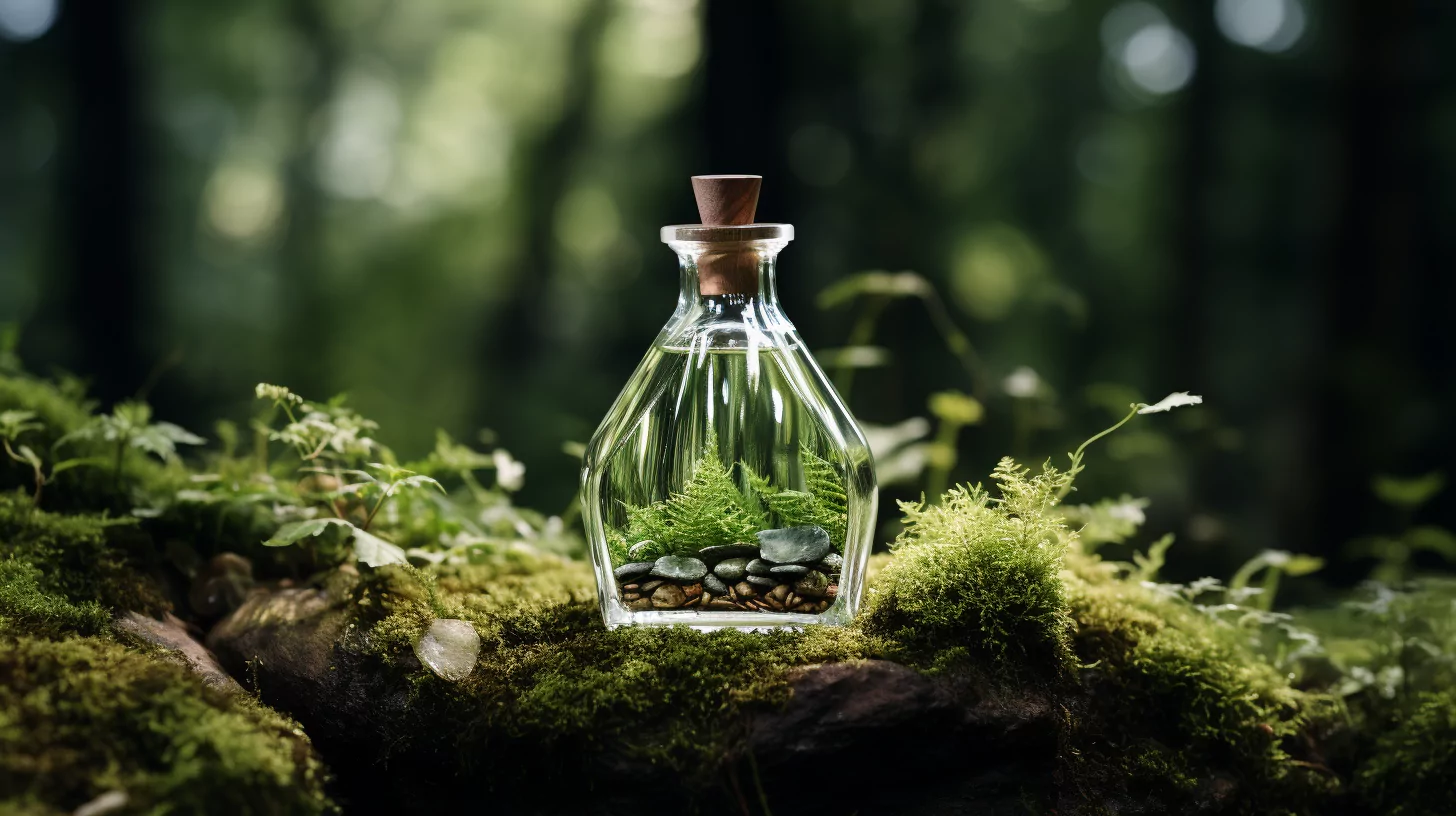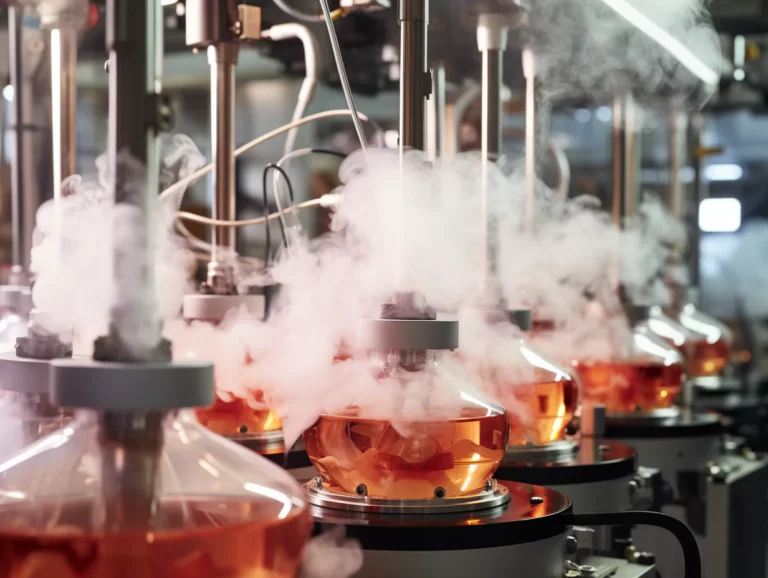As someone deeply entrenched in the fragrance world, I’ve often found myself reflecting on how the perfume industry is intertwined with the concept of sustainability. It’s undeniable that we have a responsibility towards our planet and I’m passionate about understanding and mitigating the impact that our beloved scents may have on the environment. In this article, I’ll break down the complexities of eco-friendliness in perfumery, the environmental issues we’re grappling with, and the optimistic path towards a more sustainable future in this industry.
The Footprint: Unmasking the Environmental Impact of Perfumes

Natural vs. Synthetic: Are Fragrance Oils Really the Villains?
This brings us to an intriguing debate: natural versus synthetic fragrance oils. It’s easy to assume that ‘natural’ automatically equals ‘better for the environment.’ However, the reality is more nuanced. On one hand, certain natural ingredients put a strain on the environment due to deforestation and overharvesting. On the other hand, while synthetic fragrances are lab-made and don’t strain natural resources as directly, they can sometimes be harmful to the environment due to their chemical composition.
The verdict? It’s not about demonizing one and glorifying the other – both have pros and cons. The challenge is to create a balance, ensuring that natural ingredients are sourced sustainably, and synthetic ones are as environmentally friendly as possible.
Check out the following Resources:
Green Notes: Ingredients of Eco-Friendly Perfumes
Eco-friendly perfumes are on the rise and they’re contributing to a new era in scent. Brands are adopting sustainable practices across the board, from ingredient sourcing to production and packaging. Eco-friendly perfumes are typically made with sustainable ingredients, whether they be responsibly-sourced natural extracts or biodegradable synthetics. Packaging is another crucial element. Many sustainable brands are opting for refillable bottles, recycled materials, and minimalistic designs to cut down on waste.

The Future: Sustainability in the Perfume Industry
Several brands have already taken significant steps towards becoming more sustainable. They’re investing in research to find more environmentally-friendly synthetic compounds and are making efforts to ensure the sustainable sourcing of natural ingredients, often through fair-trade agreements. Some brands have also incorporated renewable energy into their production processes, and others are prioritizing recyclable or reusable packaging.
In conclusion, sustainability in the perfume industry is a complex issue, one that’s intricately connected to everything from the sourcing of raw ingredients to the final packaging of the product. But with growing awareness and persistent effort, I believe we’re on a promising path. After all, what’s better than wearing a scent you love, knowing that it’s been created with love for the planet too?






